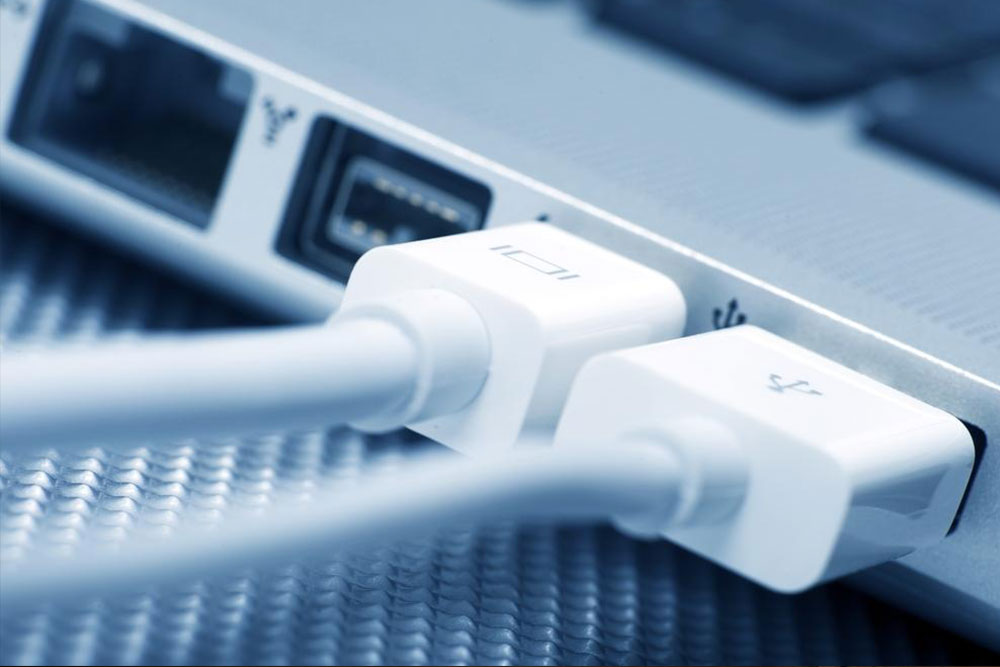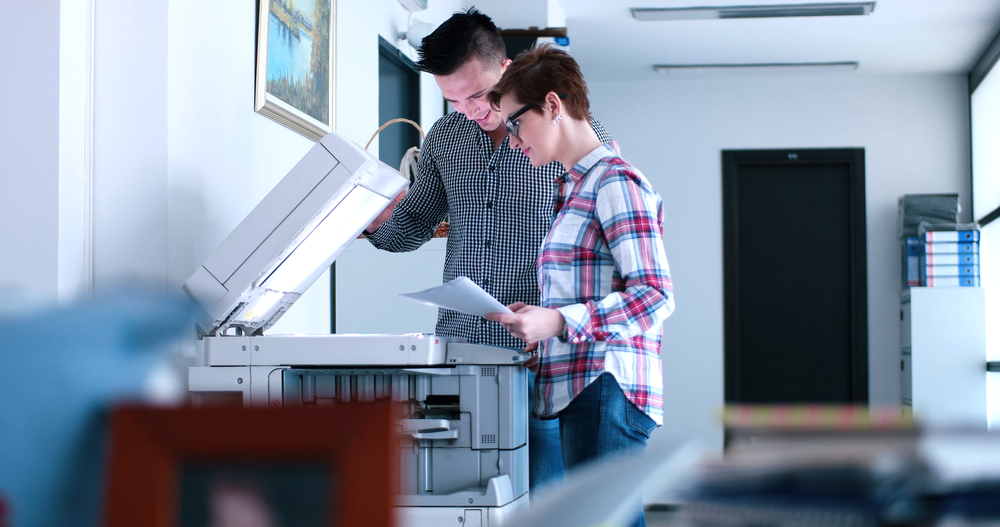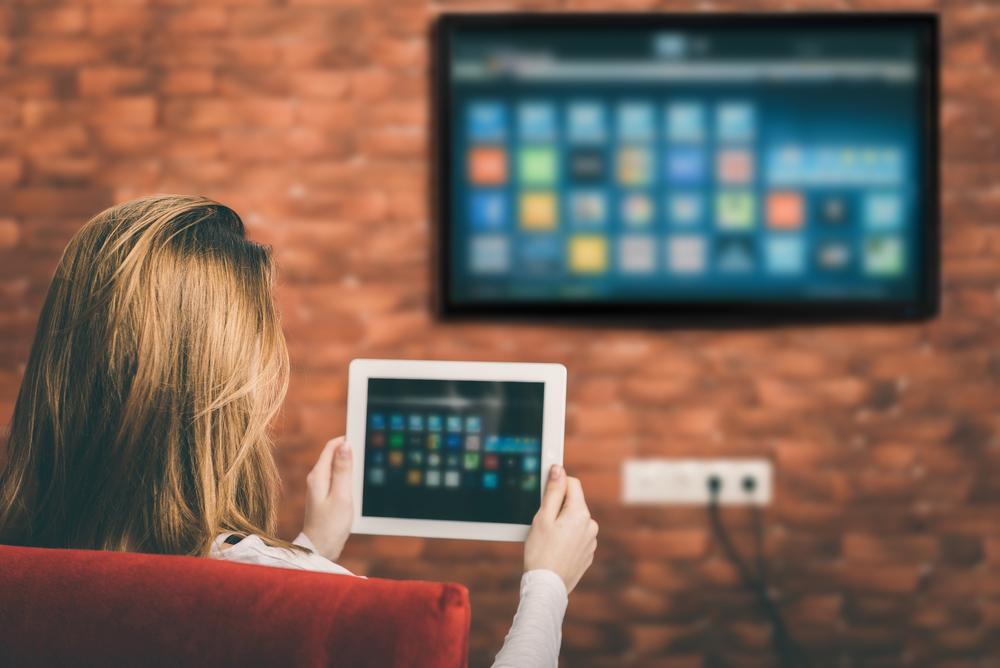Essential Tips for Purchasing Laptops for Small Business Owners
Choosing the right laptop for small business use involves setting a budget, prioritizing portability, selecting suitable operating systems, and evaluating technical specs like CPU, RAM, and storage. Buyers should consider their specific needs and look for discounts on trusted platforms to make cost-effective decisions, ensuring reliable performance for business tasks and growth.

Essential Tips for Purchasing Laptops for Small Business Owners
In today's landscape, remote working and online business operations are more prevalent than ever. If you're planning to step into this realm, selecting the right laptop is crucial. Whether you're launching a startup with a small team or managing solo ventures, reliable equipment ensures smooth workflow. Choosing a suitable device impacts your productivity and success. Therefore, carefully evaluate all relevant factors and make an informed decision to support your business needs effectively.
Set a budget - Before exploring different brands and features, establish a clear spending limit. Narrowing your options based on affordability helps streamline the selection process. Typically, budget laptops fall into two categories: high-end models over $500, and mid-range options between $400 and $500. While some inexpensive laptops around $200 exist, they often lack key features necessary for professional tasks, making them less suitable for business use.
Prioritize portability - After defining your budget, consider how portable the device needs to be. If mobility is essential, go for lightweight, convertible models ideal for working on the go. For instance, the Lenovo 11.6-inch Touchscreen 2-in-1 Laptop is perfect for compact, flexible use. Alternatively, for demanding work with advanced features, the Dell Inspiron 7000 Convertible 15.6-inch touchscreen offers a versatile option designed for intensive business activities.
Choose the right operating system - The operating system significantly influences your experience. MacBooks run on macOS, while Windows and Chrome OS are suitable for other devices. Linux is preferable for tasks involving extensive graphical work. Chrome OS is a cost-effective choice if budget constraints exist, and it provides fundamental functionalities suitable for small businesses without the need for heavy software.
Carefully evaluate technical specifications - Whether opting for a Chromebook, MacBook, or a Windows-based laptop, specifications matter. Don't overspend on unnecessary high-end features if your needs are modest. Aim for an Intel Core i5 processor as a baseline; upgrade to Core i7 for enhanced speed. Ensure a minimum of 4GB RAM, though 8GB is recommended for smoother multitasking, combined with an SSD storage drive for faster data access. A 1080p HD display and sufficient port options are also key considerations before making your purchase.
Many vendors offer deals on business laptops. To optimize costs, look for discounts on popular online platforms such as Amazon or eBay, ensuring you get quality devices at competitive prices.










